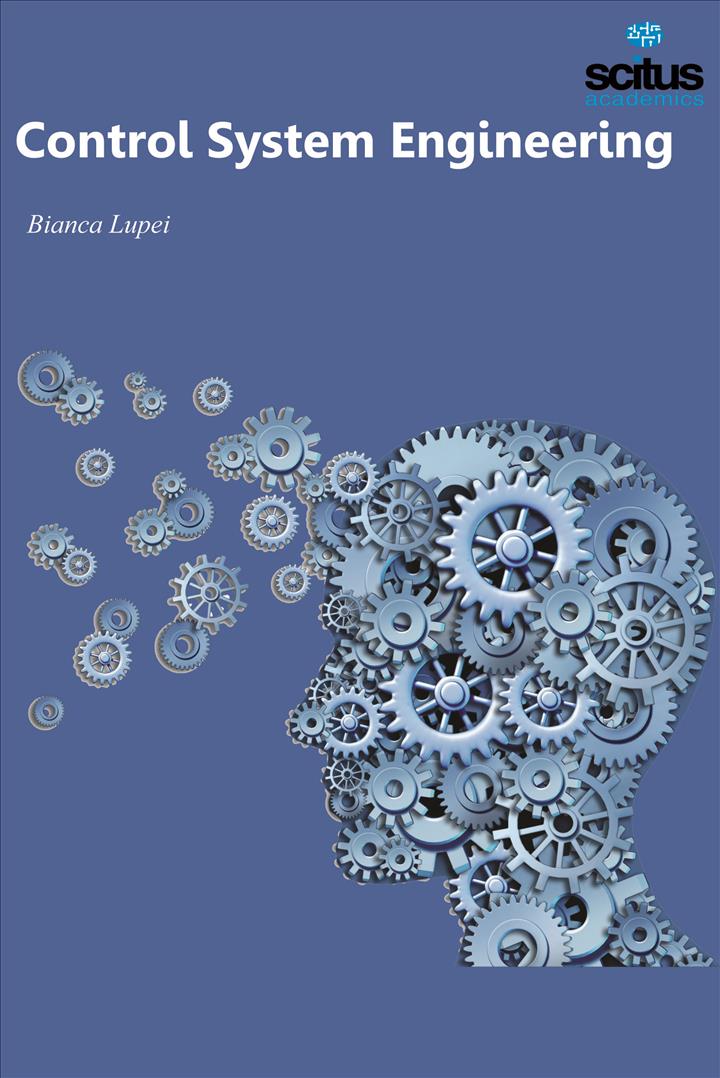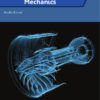Control system engineering is the branch of engineering which deals with the principles of control theory to design a system which gives desired behavior in a controlled manner. Hence, this is interdisciplinary. Control system engineers analyze, design, and optimize complex systems which consist of highly integrated coordination of mechanical, electrical, chemical, metallurgical, electronic or pneumatic elements. Thus control engineering deals with diverse range of dynamic systems which include human and technological interfacing.
The application of automatic control system is believed to be in use even from the ancient civilizations. Several types of water clock were designed and implemented to measure the time accurately from the third century BC, by Greeks and Arabs. The two methods of control system include classical methods and modern methods. The mathematical model of system is set up as first step followed by analysis, designing and testing. Necessary conditions for the stability are checked and finally optimization follows. In classical method, mathematical modeling is usually done in time domain, frequency domain or complex s domain. Modern control engineering deals with Multiple Input Multiple Output (MIMO) systems, State space approach, Eigen values and vectors etc. Instead of transforming complex ordinary differential equations, modern approach converts higher order equations to first order differential equations and solved by vector method.
Control System Engineering focuses on analysis and design of systems to improve the speed of response, accuracy and stability of system. It seeks to understand physical systems, using mathematical modeling, in terms of inputs, outputs and various components with different behaviors; use control systems design tools to develop controllers for those systems; and implement controllers in physical systems employing available technology.













